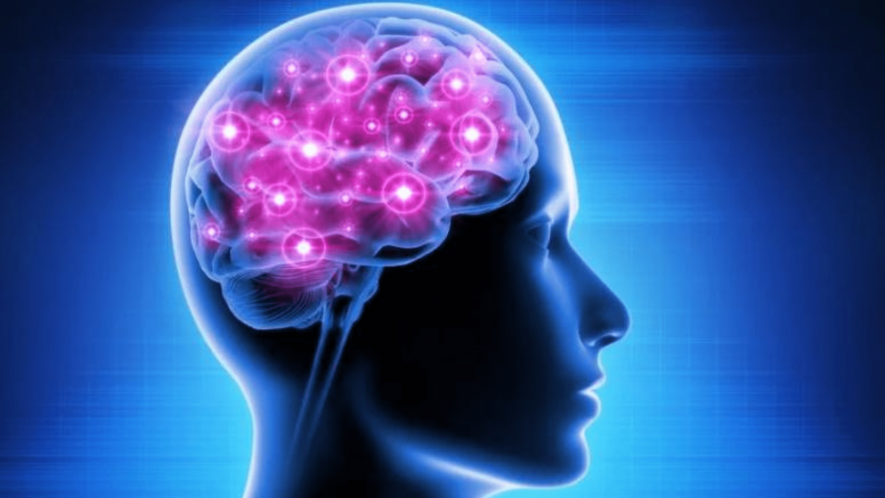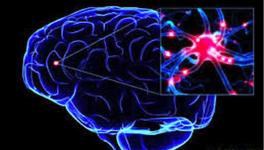Scientists Hope Aphonia Patients Could Speak Again

File image
Imagine listening to a song that others aren’t and some electrodes are put in your scalp quite harmlessly. Now from what the electrodes say, neuroscientists can decipher what song you were listening to.
A recent research paper published in the journal Plos Biology shows that scientists probably have advanced a step further to read the brain by studying the recording of its waves.
If the brain’s electrical signals can be decoded as such and what the brain was doing can be reconstructed, researchers hope that it will be possible to get their voice back to those who lost the ability to speak.
The Plos study analysed data from 29 people being treated for epilepsy. They were monitored for seizures with the help of electrodes (postage-stamp-size arrays of electrodes) placed in their scalp. These electrodes record the rain activities of the subjects and those recordings are analysed using computational tools.
These participants were made to listen to the Pink Floyd’s hit Another Brick in the Wall (composed in 1979). The electrodes already placed in their scalp captured the activities of several regions of the brain while listening to the song.
With the application of high-level computational tools called machine learning, the researchers reconstructed what the participants were listening to. Even if the signals were garbled, the researchers could find the distinctive audio signals associated with listening to the song.
It is worth mentioning here that the basic element of brain functioning is very low-voltage electrical impulses. Brain cells, known as neurons, are specialised to elicit impulses in response to an external signal. The signal can be anything like a sound or a visual input or at a higher level thinking something abstract. The electrical impulses have particular patterns associated with external signal and these brain impulses can be recorded using the electrodes.
The Plos research team captured the brain’s activities while listening to the Pink Floyd song and then analysed what the signals mean. They argued that they successfully decoded the signals although with less clarity.
The brain functions in a way where its various regions are specialised in certain specific tasks. For example, while listening to music, different brain regions are active as they perform different tasks. The tone, pitch or rhythm associated with a music are associated with certain specific brain regions and all of them work in unison to make us feel the way we do when we listened to a music or song. This is true in all other cognitive functions that the brain performs.
The researchers used 2,668 electrodes to record all the brain activities of the 29 participants at the Albany Medical Centre, New York. Out of the huge array of electrodes applied, 347 were specifically related to music.
Robert Knight, a corresponding author of the study and a professor at the University of California, Berkeley, said in an article about the research that appeared in Euronews, “It sounds a bit like they’re speaking underwater, but it’s our first shot at this.”
The researchers showed from the brain signals captured by the electrodes that musical elements like speech (prosody), rhythm, sound, etc. can be reconstructed using high-level computer skills.
Knight further said, “It’s a wonderful result. One of the things for me about music is that it has prosody and emotional content. As this whole field of brain-machine interfaces progresses, you can add musicality to future brain implants for people who need it, someone with ALS or some other disabling neurological or developmental disorder compromising speech output.”
H added, “It gives you the ability to decode not only the linguistic content but some of the prosodic content of speech, some of the effect. I think that’s what we’ve really begun to crack the code on.”
Get the latest reports & analysis with people's perspective on Protests, movements & deep analytical videos, discussions of the current affairs in your Telegram app. Subscribe to NewsClick's Telegram channel & get Real-Time updates on stories, as they get published on our website.


















